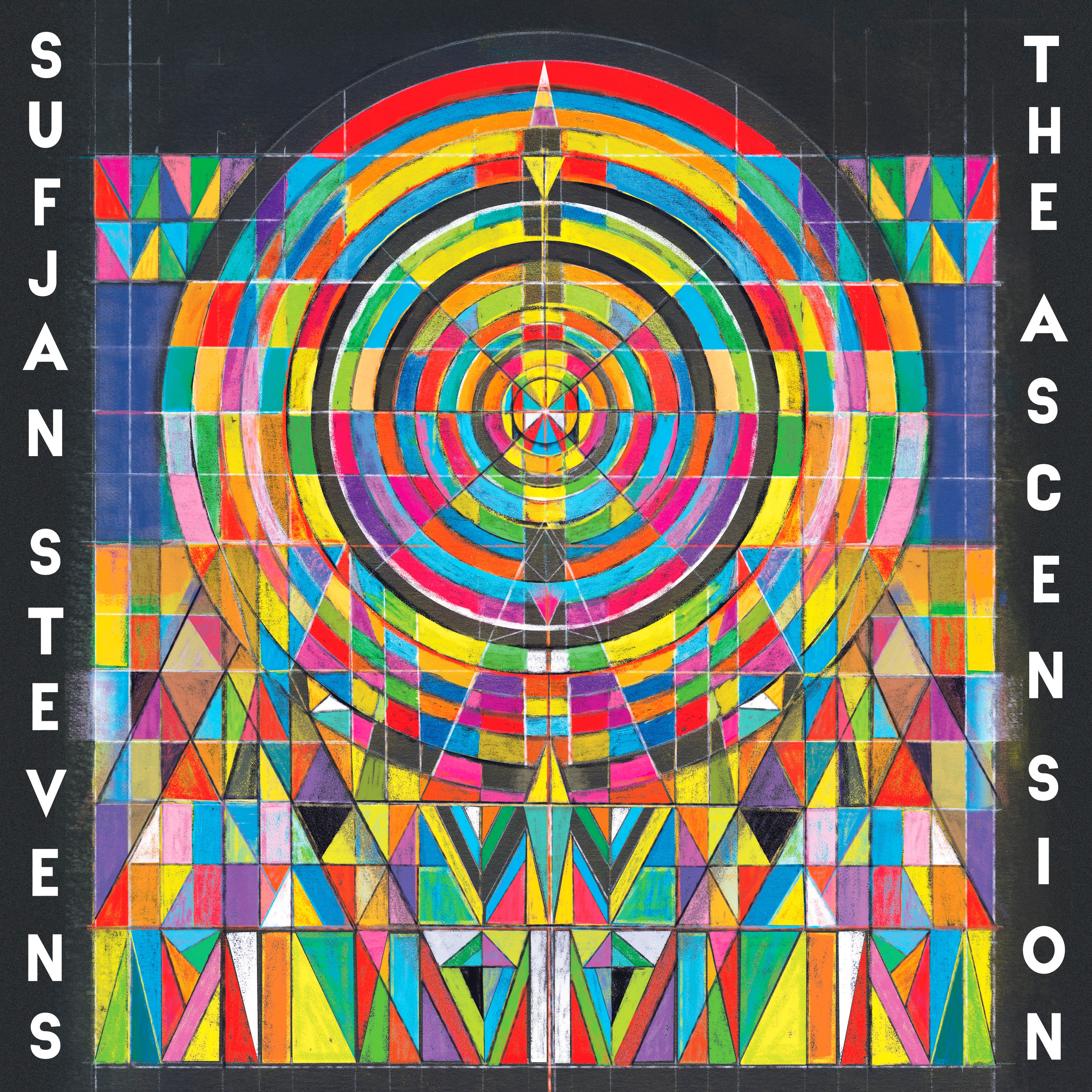Review: Sufjan Stevens creates electronic world of inquiry
Following his sparse and haunting 2015 album “Carrie & Lowell,” the 15-track “The Ascension” sees Sufjan Stevens shift from an internal gaze to a response to his external environment

Your support helps us to tell the story
From reproductive rights to climate change to Big Tech, The Independent is on the ground when the story is developing. Whether it's investigating the financials of Elon Musk's pro-Trump PAC or producing our latest documentary, 'The A Word', which shines a light on the American women fighting for reproductive rights, we know how important it is to parse out the facts from the messaging.
At such a critical moment in US history, we need reporters on the ground. Your donation allows us to keep sending journalists to speak to both sides of the story.
The Independent is trusted by Americans across the entire political spectrum. And unlike many other quality news outlets, we choose not to lock Americans out of our reporting and analysis with paywalls. We believe quality journalism should be available to everyone, paid for by those who can afford it.
Your support makes all the difference.Sufjan Stevens “The Ascension” (Asthmatic Kitty)
Synthesized drums and dissected, distorted vocals open the upbeat electronic track “Lamentations” as Sufjan Stevens sings out: “I was only thinking of human kindness/I am the future, define the future.”
It is this tenet that carries through “The Ascension” as Stevens acknowledges the turmoil around him but resolves to rise above. It is both a cautionary tale and a call to action. America may be burning, validation seeking may have become even further warped in a social media age, but, as Stevens articulates in the press release accompanying the album, the time has come to “be part of the solution or get out of the way.”
The 15-track “The Ascension” is one of Stevens’ more produced albums (most close in sound to 2010's “The Age of Adz”) and while the musical composition is highly experimental, the synth-pop album is accessible.
Following his last full-length album, 2015's sparse and haunting “Carrie & Lowell,” the change in tone and production is stark. There are still peaceful, ethereal tracks like “Run Away With Me” and “Tell Me You Love Me,” but the album as a whole communicates urgency. Where “Carrie & Lowell” saw Stevens looking internally, “The Ascension” sees Stevens respond to his external environment.
As with many Stevens albums, Biblical references abound, but in a way that invites skepticism, doubt and irreverence. In the closing track “America,” Stevens seems to question if God will abandon him in the same way he abandoned America as he critiques the country’s culture. “I'm ashamed to admit I no longer believe,” he sings.
While the album explores an underlying current of righteous anger and hopelessness, there are times these feelings are transformed into personal agency.
On “Tell Me You Love Me,” what starts as a desperate plea for affection turns into resolve as the music flourishes and triumphant voices layer to sing: “I’m going to love you.” The control doesn’t have to lie in the hands of another. Stevens makes it his choice to move forward from a place of love.
Subscribe to Independent Premium to bookmark this article
Want to bookmark your favourite articles and stories to read or reference later? Start your Independent Premium subscription today.